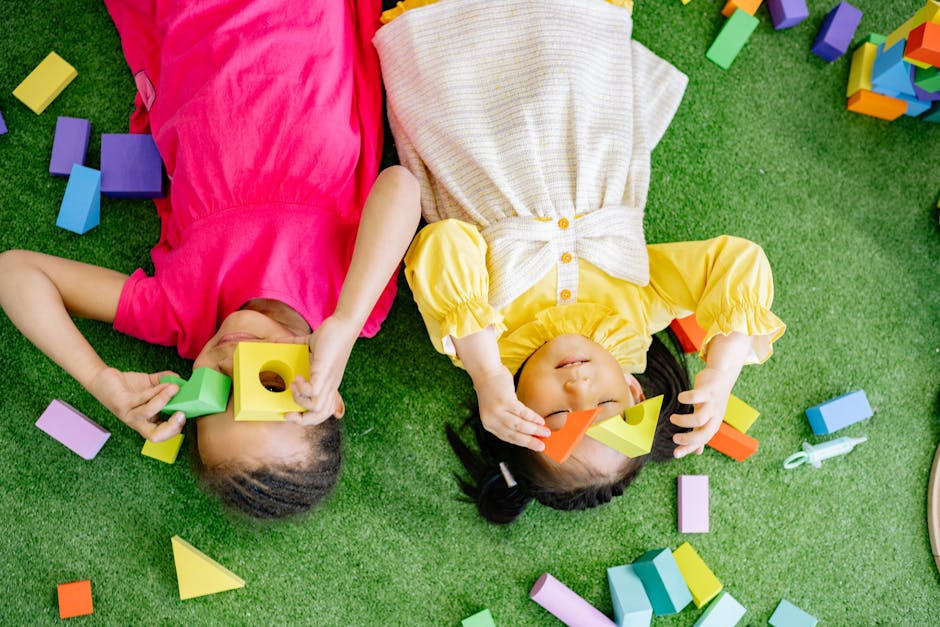Choosing the right toys and games for your child can be a daunting task, given the sheer volume of options available. But it's an important one, as play is crucial for a child's development. The right toy can spark creativity, encourage problem-solving, and help develop essential social and emotional skills. This guide will help you navigate the toy aisle and select the perfect playthings for your child.
Consider your child's age and developmental stage. Toys designed for toddlers are vastly different from those appropriate for pre-teens. Look for toys that challenge your child without being frustratingly difficult. Age recommendations on packaging are a good starting point, but also consider your child's individual abilities and interests.
Think about your child's personality and interests. Does your child love to build things? Are they fascinated by animals? Do they enjoy playing pretend? Choosing toys that align with their interests will keep them engaged and encourage them to explore their passions. Observe your child at play to get a better understanding of what they enjoy.
Don't underestimate the power of classic toys. Building blocks, dolls, and art supplies offer endless possibilities for imaginative play and creativity. These open-ended toys encourage children to create their own narratives and develop problem-solving skills. They also tend to be more durable and can be enjoyed for years to come.
Consider the educational value of a toy. Many toys are designed to teach specific skills, such as counting, letter recognition, or problem-solving. Look for toys that offer opportunities for learning while still being fun and engaging. Educational toys can be a great way to supplement your child's learning at home.
Don't be afraid to think outside the toy box. Everyday household items can be transformed into fun and engaging toys. A cardboard box can become a spaceship, a blanket can become a fort, and pots and pans can become a drum set. Encouraging this type of imaginative play can foster creativity and resourcefulness.
Set a budget and stick to it. It's easy to get carried away when shopping for toys, but it's important to set a budget beforehand. There are plenty of affordable and engaging toys available, so you don't need to break the bank to provide your child with enriching play experiences.
Finally, remember that the best toy is one that encourages interaction and play. Whether it's a simple board game or a complex construction set, the most important thing is that the toy provides opportunities for your child to learn, grow, and have fun. So, choose wisely and enjoy watching your child's imagination soar.
